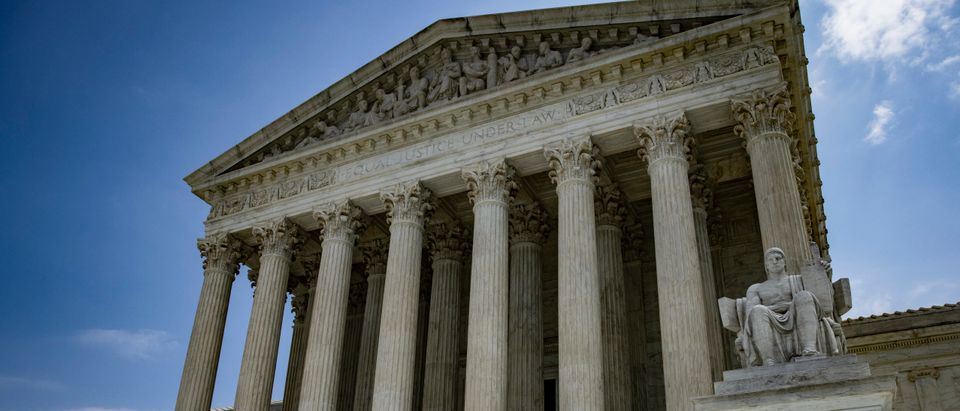A recent concurring opinion, authored by a federal judge appointed by former President Donald Trump, bashed Critical Race Theory (CRT).
U.S. Circuit Judge James C. Ho’s July 29 concurring opinion challenged the notion that disparate impact is a legitimate legal claim of racial bias, and compared it to CRT, Legal360 reported. The case at hand involved a black property owner in Freeport, Texas, who claimed that land bought by the city for a port expansion project was discriminatory because it was buying land from a historically black neighborhood, according to Legal360.
The legal theory of disparate impact in the U.S. argues that policies that seem non-discriminatory on their face can, in fact, be discriminatory if they have a disproportionately negative effect on a certain group.
CRT, an academic discipline, holds that the current world order is fundamentally racist, yet implores people to view every social interaction and person in terms of race. Its adherents pursue “antiracism” through the end of merit, objective truth and the adoption of race-based policies. Prominent CRT intellectuals such as Ibram X. Kendi argue that disparities that emerge from policies among racial groups are, in effect, evidence of discrimination.
Ho reasoned in his six-page concurring opinion that it is Congress’ role, not the judiciary or executive branch, to determine if Title VI of the Civil Rights Act of 1964 encompasses disparate impact theory.
“There’s a big difference between prohibiting racial discrimination and endorsing disparate impact theory,” Judge Ho wrote. “It’s the difference between securing equality of opportunity regardless of race & guaranteeing equality of outcome based on race.https://t.co/U6BEbnhaym
— John R Lott Jr. (@JohnRLottJr) August 3, 2021
“Congress enacted Title VI of the Civil Rights Act of 1964 to prohibit intentional racial discrimination — not to restrict neutral policies untainted by racial intent that happen to lead to racially disproportionate outcomes,” Ho wrote. “It’s said that the road to hell is paved with good intentions. That’s why we have laws on the books, like Title VI, that simply forbid the ‘sordid business’ of ‘divvying us up by race’ — no matter what our intentions.”
“If we are to adopt disparate impact theory as a matter of national policy, it must be done by Congress — not ‘by judicial or administrative fiat.'” (RELATED: The Founders Of Critical Race Theory Once Got Together And Marveled About How It Was Taking Over Education)
“There’s a big difference between prohibiting racial discrimination and endorsing disparate impact theory,” Ho continued. “It’s the difference between securing equality of opportunity regardless of race and guaranteeing equality of outcome based on race … It’s the difference between color blindness and critical race theory.”


